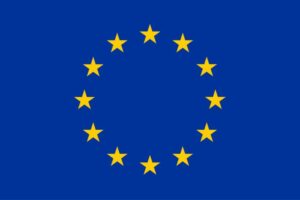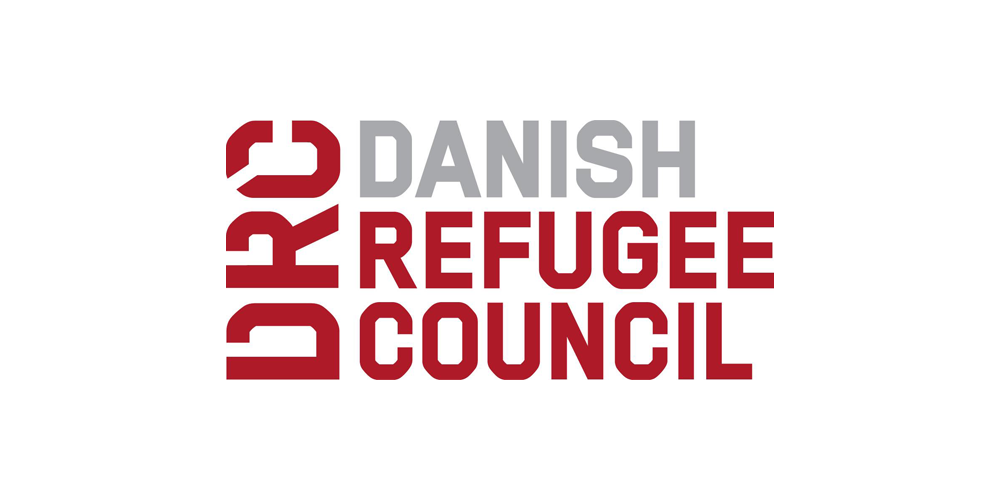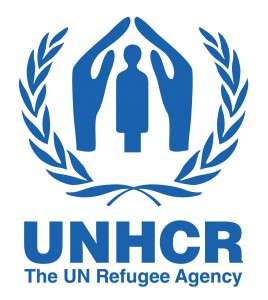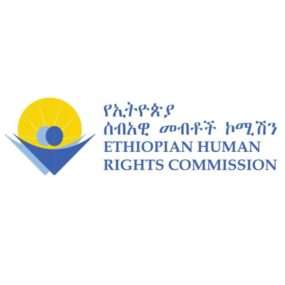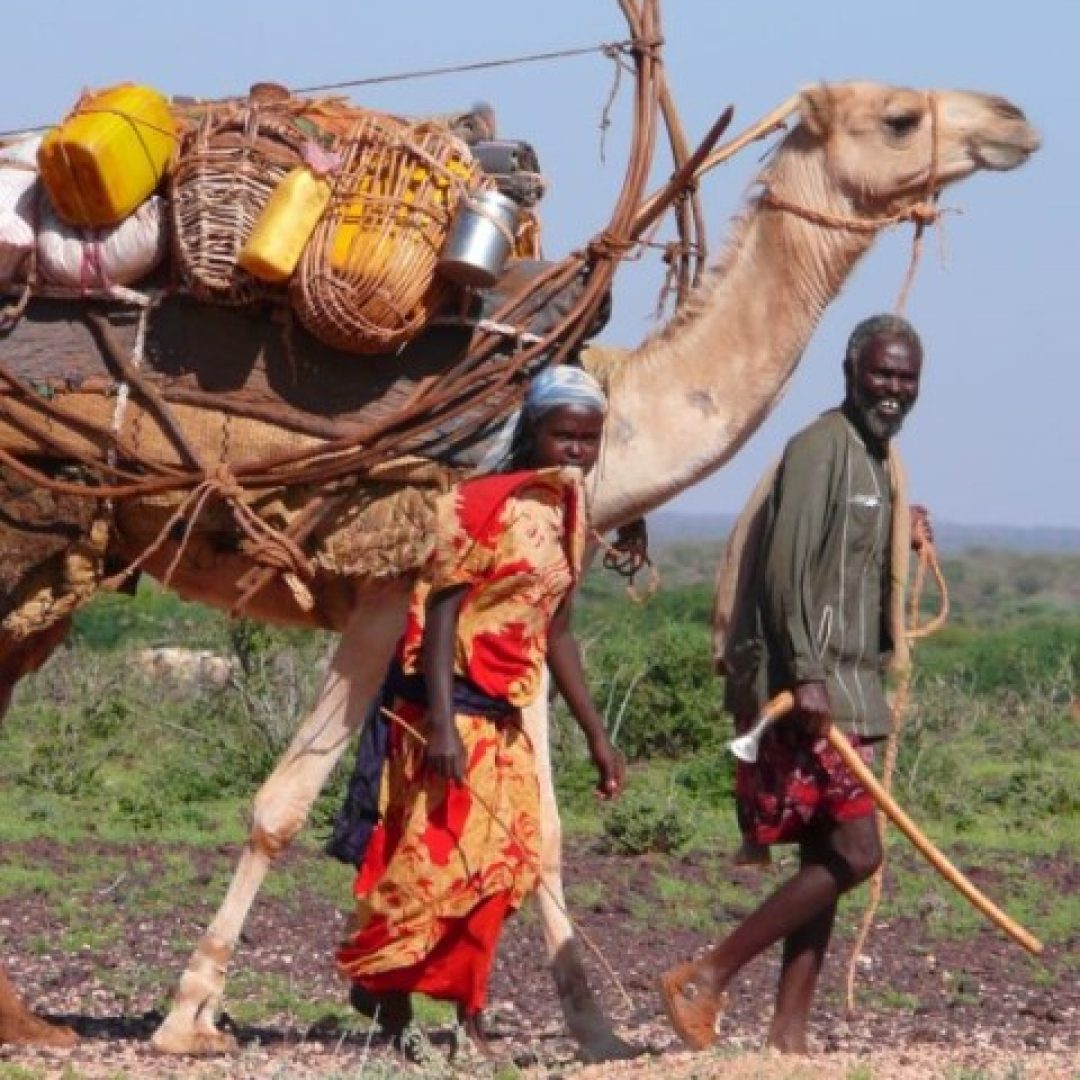
Ethiopia
Established in 2018, the ReDSS Ethiopia Country Unit emerged through a strategic partnership with the European Union Trust Fund and UNHCR. We aim to bolster sustainable and development-oriented responses for refugees and host communities in Ethiopia aligned with the Comprehensive Refugee Response Framework (CRRF) approach.
Geographically, ReDSS focuses its work at the Federal level in Addis Ababa and at the regional and local levels in the Somali Regional State.
Brief overview of displacement in Ethiopia
Ethiopia has long been home to one of the largest populations of forcibly displaced people in the world. Combined effects of conflicts and climate change have perpetuated humanitarian needs and displacement across the country.
Sources: Refugee Data, Updated 2023 | IDP Data, Updated 2023
In this context, Ethiopia has enacted a progressive refugee act [Proclamation No. 1110/2019], which endorsed the rights and protection incorporated in the UN and AU refugee conventions. This was followed by the implementation of directives adopted by Refugee and Returnee Services. At the policy level, Ethiopia has adopted and implemented policies and initiatives on refugee responses, including the regional declarations and the pledges it made for the improvement of the refugee situation. At the sub-national level, the Kebrebeyah Inclusion Plan recently adopted in the Somali region responds to the protracted nature of refugee protection.
Ethiopia is also in the process of drafting an IDP proclamation to domesticate the Kampala Convention. At the policy level, the office of the UN Special Advisor on Solutions to IDPs has made Ethiopia one of the pilot countries for its work that will add to the upcoming solutions pathways for IDPs. In the Somali region, there is the Durable Solutions Strategy, which serves as a framework for solutions to IDPs in the region.
Past Achievements
The ReDSS Ethiopia Unit has been engaged in refugee policy processes since 2018. With an expanding focus on broader displacement policy as a result of the evolving context in the country, ReDSS Ethiopia, through a consultative process with members and partners, expanded its focus to issues of internal displacement. The major objective of the ReDSS Ethiopia work has been to facilitate and undertake constructive and influential policy dialogue with key national and regional policy actors and durable solutions processes in Ethiopia. In addition, it also focused on ensuring that research, evidence and policy dialogue play a role in creating and maintaining gains made under different international and national initiatives. This has been attempted by helping aid actors in Ethiopia build durable solutions thinking in responding to internal displacement.
ReDSS Ethiopia has focused on building a common research agenda and supporting an increasingly Ethiopian-driven research community to engage with and influence policymakers. This included learning events run in partnership with regional universities in refugee-hosting regions. Part of this process was the establishment of the Ethiopian refugee research database. ReDSS Ethiopia has also commissioned large research on identifying research agenda for refugee response, displacement financing and durable solutions analysis). It has developed policy briefs on key issues such as the right to work and economic engagement.
On the policy dialogue level, ReDSS Ethiopia contributed to the drafting of the IDP proclamation as a member of a technical committee in the Inter-Ministerial Taskforce. It has also played a role in leading DS TAG at the national level and supported CRRF and DSWG coordination fora in the Somali region. ReDSS Ethiopia has had a particular focus on Jigjiga, playing a key role in bringing all actors together under a common implementation framework. Moreover, it worked with displacement-affected communities, local authorities, CSOs and the Somali government to promote durable solutions for refugees and IDPs.
Current Priorities
Currently, ReDSS Ethiopia is focusing on transitioning its members and partners to support durable solutions for urban refugees. The Hilton Foundation primarily supports this work. In addition, ReDSS Ethiopia will continue to support its network of researchers as well as the aid actors in Ethiopia to develop critical facets of durable solutions thinking.
In particular, ReDSS Ethiopia will continue holding participatory forums and conduct a gap assessment on urban refugee programming. ReDSS Ethiopia will also support the Kebrebeyah Inclusion Plan process in the Somali region. The IDP response will focus on the promotion of IDP voices and accountability. Focusing on the Somali region and the Durable Solutions Strategy, ReDSS Ethiopia will develop tools and materials to promote people-centred approaches.
Our Partners
Our work in Ethiopia would not be successful without our partners. They include our members, government entities, donors, academia, and other peers within the durable solutions space.

